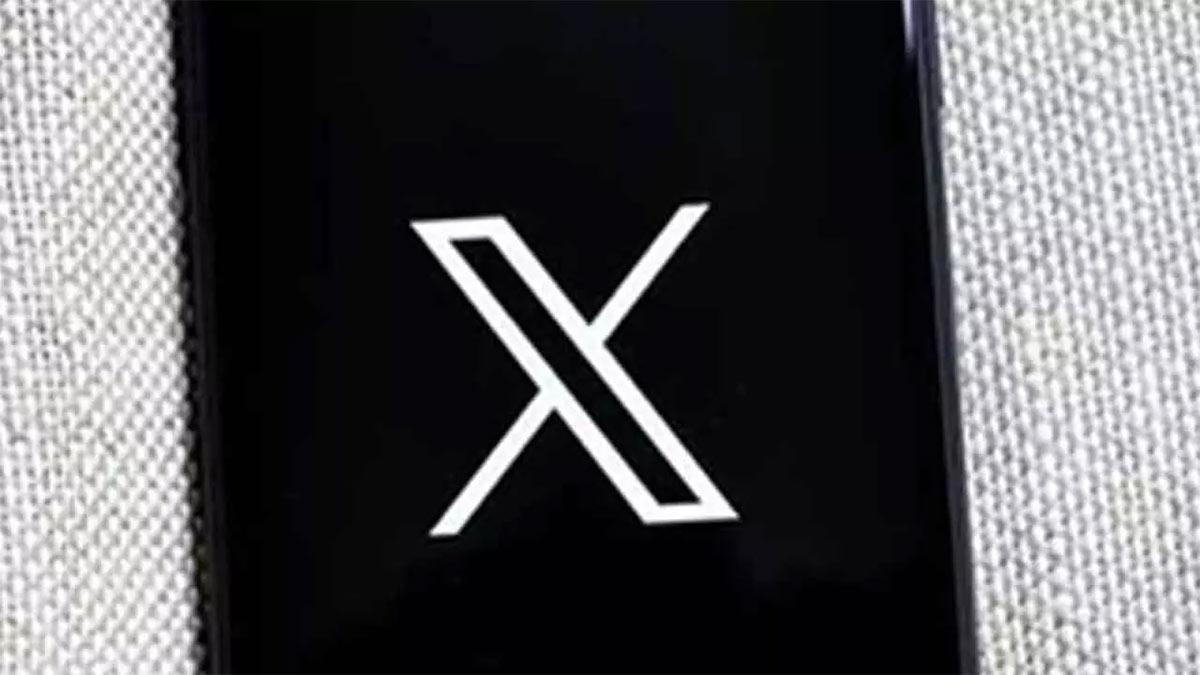Tech giant Google has started testing a new feature to notify people when they search for a topic that may have unreliable results, media reports said.
According to Vox, the move is a notable step by the world's most popular search engine to give people more context about breaking information that is popular online but is actively evolving.
The new prompt warns users that the results they are seeing are changing quickly, and reads, in part, "If this topic is new, it can sometimes take time for results to be added by reliable sources."
Also Read | RJio launches JioPhone Next in partnership with Google
Google confirmed to Recode that it started testing the feature about a week ago. Currently, the company says the notice is only showing up in a small percentage of searches, which tend to be about developing trending topics.
Companies like Google, Twitter and Facebook have often struggled to handle the high volume of misinformation, conspiracy theories and unverified news stories that run rampant on the internet.
In the past, they have largely stayed away from taking content down in all but the most extreme cases, citing a commitment to free speech values.
During the Covid-19 pandemic and the 2020 US elections, some companies took the unprecedented action of taking down popular accounts perpetuating misinformation.
Also Read | Microsoft announces Windows 11 operating system
But the kind of label Google is rolling out -- which simply warns users without blocking content -- reflects a more long-term incremental approach to educating users about questionable or incomplete information, the report said.
The new prompt is also part of a larger trend by major tech companies to give people more context about the new information that could turn out to be wrong.
Twitter, for example, released a slew of features ahead of the 2020 US elections cautioning users if the information they were seeing was not yet verified.


















